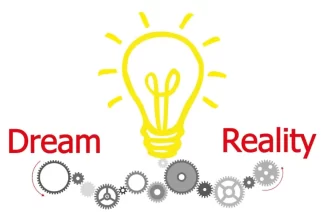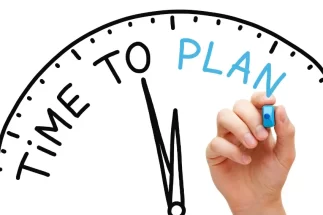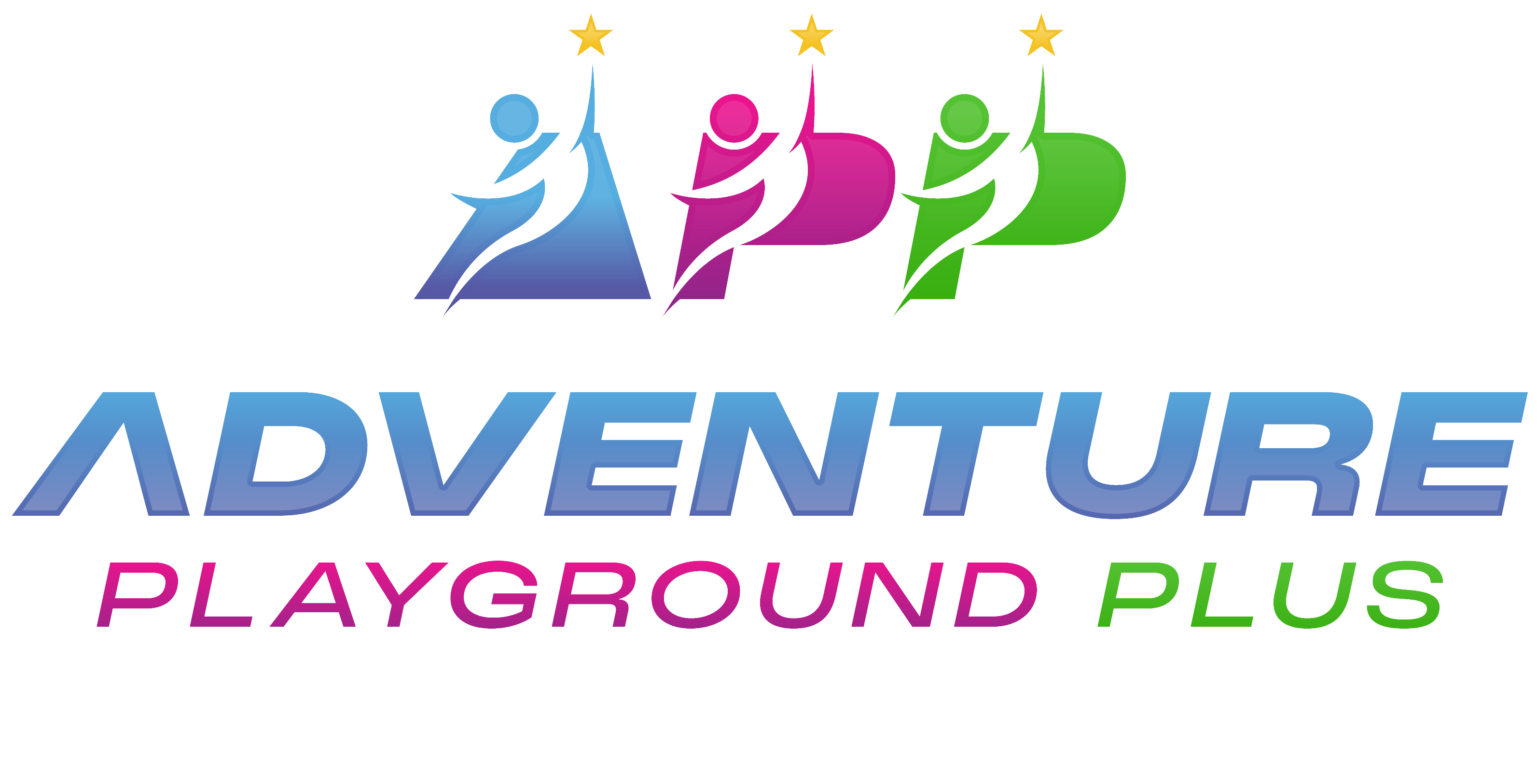


Here are some essential steps and best practices for effective playground planning:
- Envision Your Playground:
- Start with a vision. Imagine what your playground will look like, who it will serve, and the type of experiences it will provide.
- Consider age groups: Toddlers, preschoolers, and school-aged children have unique needs regarding safety and development. Offer various challenge levels to help kids grow and have fun.
- Determine the number of children: Plan for adequate space and equipment to accommodate the expected traffic.
- Think about themes or color schemes that align with your purpose.
- Accessibility and Safety:
- Prioritize accessibility for children of all abilities. Incorporate wheelchair-accessible ramps, paths, and entrances.
- Separate play areas by age to prevent collisions and ensure age-appropriate experiences.
- Address conflicting activities and ensure clear sightlines for supervision.
- Define Your Goals:
- What do you hope to achieve with the playground? Is it a family-friendly space, a fitness area, or an inclusive community hub?
- Set a timeline for completion to keep yourself on track.
- Site Selection:
- Choose an appropriate location within your community. Consider factors like visibility, accessibility, and proximity to other amenities.
- Assess the available space and ensure it meets safety requirements.
- Equipment Selection:
- Select playground equipment that aligns with your vision and goals.
- Balance active play (swings, slides) with imaginative play (sandboxes, playhouses).
- Include seating areas for caregivers and shade structures to protect from the sun.
- Budget and Funding:
- Determine your budget early in the planning process.
- Explore funding options, including grants, community fundraising, and partnerships.
- Engage Stakeholders:
- Involve the community, parents, and local organizations in the planning process.
- Appoint decision-makers to guide the project.
- Installation and Maintenance:
- Ensure proper installation of equipment by professionals.
- Develop a maintenance plan to keep the playground safe and functional.
Remember, a well-designed playground not only provides physical activity but also fosters social interaction, creativity, and joy for children of all ages. Happy planning!

